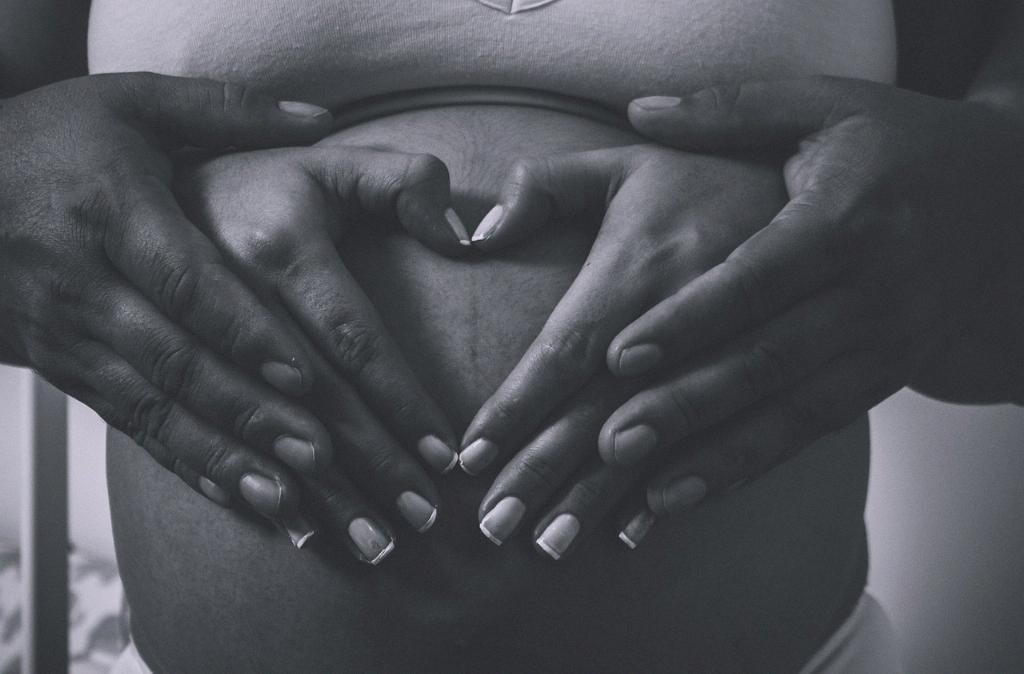When it comes to the question of what happens if you receive the measles-mumps-rubella (MMR) vaccine during pregnancy, it is crucial to understand the potential risks involved. The live attenuated viruses present in vaccines have the ability to cross the placenta, which could lead to viral infection of the fetus.
Due to this significant concern, most healthcare providers advise against administering live vaccines such as MMR during pregnancy. The main reason for this caution is to prevent any potential harm to the developing fetus from exposure to the live attenuated viruses in the vaccine.
If a pregnant individual inadvertently receives the MMR vaccine, there is a theoretical risk that the live attenuated viruses in the vaccine could infect the fetus. This could potentially result in congenital rubella syndrome, which can lead to serious complications such as deafness, vision problems, heart defects, and intellectual disabilities in the newborn.
Additionally, exposure to the mumps virus during pregnancy can result in severe complications such as miscarriage, stillbirth, or preterm birth. The rubella virus can also cause miscarriage, fetal death, or congenital rubella syndrome if the infection occurs during the first trimester of pregnancy.
It is important to note that receiving the MMR vaccine before pregnancy, as recommended by healthcare providers, helps ensure that individuals are protected against these diseases before conception. This pre-pregnancy vaccination strategy is a crucial step in preventing potential risks to the developing fetus.
In cases where a pregnant individual unknowingly receives the MMR vaccine, it is advisable to consult with a healthcare provider immediately. The healthcare provider can assess the individual’s specific situation and provide guidance on monitoring the pregnancy for any potential complications that may arise due to the vaccine exposure.
Overall, the general recommendation is to avoid receiving the MMR vaccine during pregnancy to minimize the risk of adverse effects on the fetus. If there is a possibility of exposure to measles, mumps, or rubella during pregnancy, it is essential to discuss the situation with a healthcare provider to determine the best course of action for protecting both the pregnant individual and the developing fetus.
Ultimately, the decision to administer vaccines during pregnancy should be based on a thorough risk-benefit assessment conducted by a healthcare provider. The goal is to ensure the health and safety of both the pregnant individual and the unborn child while minimizing any potential risks associated with vaccine exposure.
In conclusion, getting the MMR vaccine while pregnant can pose significant risks to the fetus due to the live attenuated viruses present in the vaccine. It is crucial to follow healthcare providers’ recommendations and guidelines to protect both the pregnant individual and the developing fetus from any potential harm that may arise from vaccine exposure during pregnancy.

